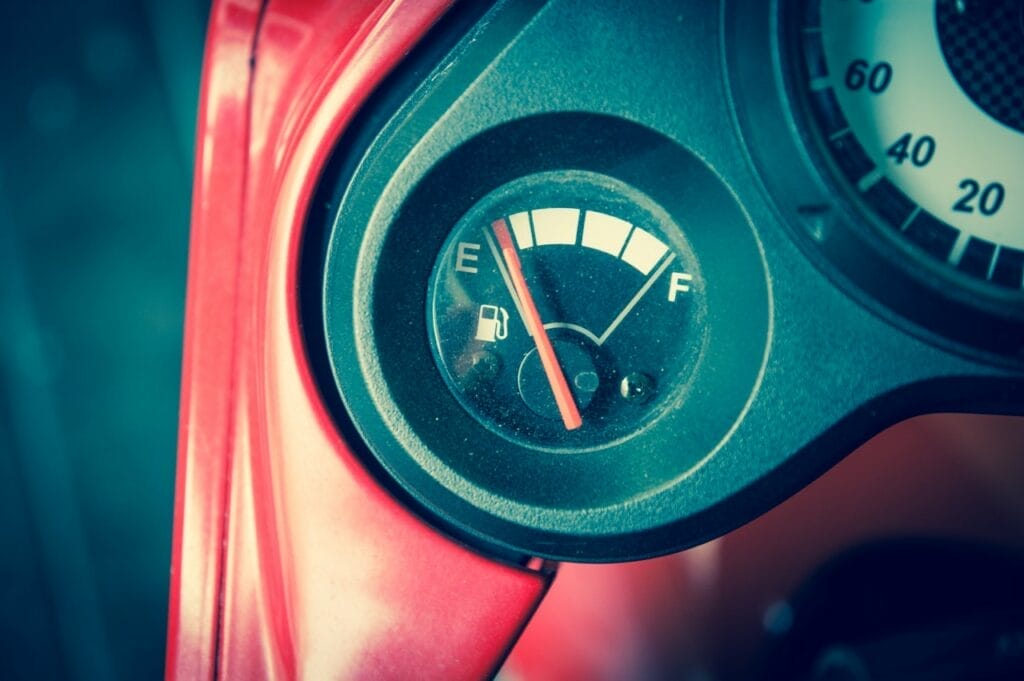Vos is correct: Even if we stop using gas, we need to fund the roads that let Wisconsin grow

Robin Vos spoke a hard truth the other day, something unpleasant because it is incontrovertible.
Speaking about the future of funding an important Wisconsin priority, the speaker of the state Assembly said, “The gas tax is declining whether we like it or not.”
So we should think now about how to replace it.
To be sure, gas tax revenue has recovered from the pandemic lockdown era after two years of decline. People are driving again, bringing Wisconsin fuel consumption back to the plateau it’s been on since 2005 — a level the federal government is strenuously seeking to depress by cajoling and compelling people to buy electric cars. A reasonable midrange projection pegs those at 28% of Wisconsin’s vehicles by 2050, though they could make up a much larger share.
This bodes ill for the way Wisconsin funds highways, which has been by the fuel tax. It’s a user fee: Use roads more and you burn more gas, so you pay more tax. Rising fuel efficiency alters this equation. Electric cars nullify it.
Vos, speaking this month to the Wisconsin Counties Association, was asked what he’d do instead. He brought up the obvious alternative he’s been talking about since 2013: tolling.
Imagine, he said, if Wisconsin had done as he suggested back then: “It would mean that our transportation system is fully funded. We have more money for local roads than we would today. We have a system that would actually work over the course of the next 100 years as we decide whether or not to transition away from gasoline-powered vehicles. But we couldn’t get that done. Unfortunately, we now sit with a worse problem 10 years later than we did then.”
Wisconsin is sometimes said to abhor tolls because we dread the memory of fumbling for change while stuck in line at a Waukegan tollbooth. But no one has stopped to pay on an Illinois tollway since 2020 — if you lack a transponder, they take a picture of your plate and bill you. Ah, technology!
Or there’s the not-unreasonable question, “Why should I pay again for existing roads?” But drive on I-43 through Mequon to realize that nothing lasts forever.
Tolling, said Vos, has “consistently met with opposition from a whole lot of different people — it’s not just one side — saying they’re going to stick their heads in the sand and figure it out later. Well, guess what. It’s later. And we still haven’t figured it out.”
We should, soon. The Badger Institute offered a workable plan in last fall’s “Mandate for Madison.” Visiting fellows Robert W. Poole Jr. and Benita Cotton-Orr outlined how to replace — not supplement, but replace — the gas tax with a mileage-based user fee, how to phase it in when roads are rebuilt, how to protect drivers’ privacy and to ensure they’re not double-taxed. We commend it to anyone hearkening to Vos’ warning.
Those who haven’t hearkened should ponder the alternative. State Senate Minority Leader Melissa Agard hinted at it while sharing the stage with Vos.
“Yes, we have a commitment to our road structure, but we also need to be thinking for the long game,” she told the Counties Association. A Madisonian, she feels the next generation isn’t so into driving: “They are enjoying being able to get on buses and trains and ride bikes in order to get from here to there.”
A non-inconsequential part of our polity, remember, sees opportunity in the coming fade of gas-tax revenue. Doubt me? Read a bit from the crowd that wants to downgrade Milwaukee freeways to streets and to downgrade existing streets via “road diets.” In their dreams, you won’t travel by any car, gas or electric.
We need, said Agard, to “think about how it is that we want to help people get around … about where we want to be in a decade or in two.”
Where she wants to be and you want to be probably will differ because everyone has differing needs. Some find all they want within a 15-minute walk of a Willy Street apartment. Others prefer 10 acres near Waupaca.
Amtrak will never get you from Waupaca to Madison, and New Berlin will not evaporate. What serves all these diverse destinations are roads, and if Wisconsin grows with desirable vigor, those roads will need to be not only replaced but improved for whatever kind of vehicle people use on them.
Yes, let’s properly insist on guarantees that new funding is not just a money grab. Demand transparency. But we need to talk.
“We have got to decide as a state and as a society how we are going to pay for our roads,” said Vos. “It is as simple as that. No offense to bike trails and all those other things, but the priority is getting people to work and making sure people have the ability to utilize the transportation system that has already been set up everywhere across the country, ready to go. We just need to make sure we can pay for it.”
He’s right.
Patrick McIlheran is the Director of Policy at the Badger Institute. Permission to reprint is granted as long as the author and Badger Institute are properly cited.
Submit a comment
"*" indicates required fields




